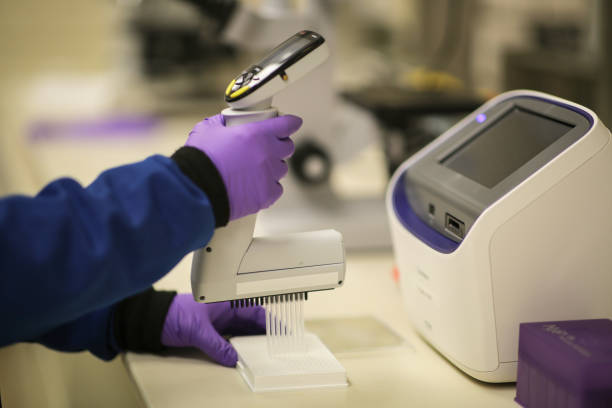Hansa Biopharma (Nasdaq Stockholm: HNSA), a trailblazer in enzyme technology aimed at tackling rare immunological diseases, has announced the completion of patient enrollment in its promising phase 2 clinical study of imlifidase for Guillain-Barré Syndrome (GBS). The study’s top-line data is eagerly awaited and set for disclosure in late 2023. Søren Tulstrup, Hansa Biopharma’s CEO and President, highlighted the significance of this study in assessing the therapeutic benefits of the company’s groundbreaking antibody-cleaving enzyme technology for rare immunological disorders.
Conducted across the United Kingdom, France, and the Netherlands, the multi-center, open-label, single-arm phase 2 trial is designed to explore the safety, tolerability, and efficacy of imlifidase in combination with standard-of-care (SoC) intravenous immunoglobulin (IVIg) for GBS patients. Prior to initiating SoC treatment, trial participants received imlifidase. Once the single-arm study’s database is locked, the efficacy outcomes will be compared to a matched external cohort from the International Guillain-Barré Syndrome Outcome Study (IGOS) database, situated at the Erasmus Medical Centre in Rotterdam, Netherlands. The results of this comparative efficacy analysis are slated for release in 2024.
Professor Shahram Attarian, an esteemed authority in the Department of Neuromuscular Diseases and ALS at Hopitaux Universitaires de Marseille (APHM) and the International Coordinating Principal Investigator for the Phase 2 study, underscored the vital role of rapid diagnosis and intervention in GBS management. Imlifidase, by virtue of its innovative approach to quickly and effectively lowering IgG levels, could herald a revolutionary change in treatment options for GBS patients.
Guillain-Barré Syndrome is a rare, acute, paralyzing, and inflammatory condition that impacts the peripheral nervous system, with an annual incidence of 1-2 cases per 100,000 individuals. GBS is marked by the rapid, progressive weakening of the limbs, which can lead to severe paralysis. Under the current standard of care, about 25% of patients require extended mechanical ventilation, and 20% still cannot walk after six months. GBS has a fatality rate of 3-7% with standard care. In 2018, the US Food and Drug Administration awarded Orphan Drug Designation to imlifidase for the treatment of GBS.




